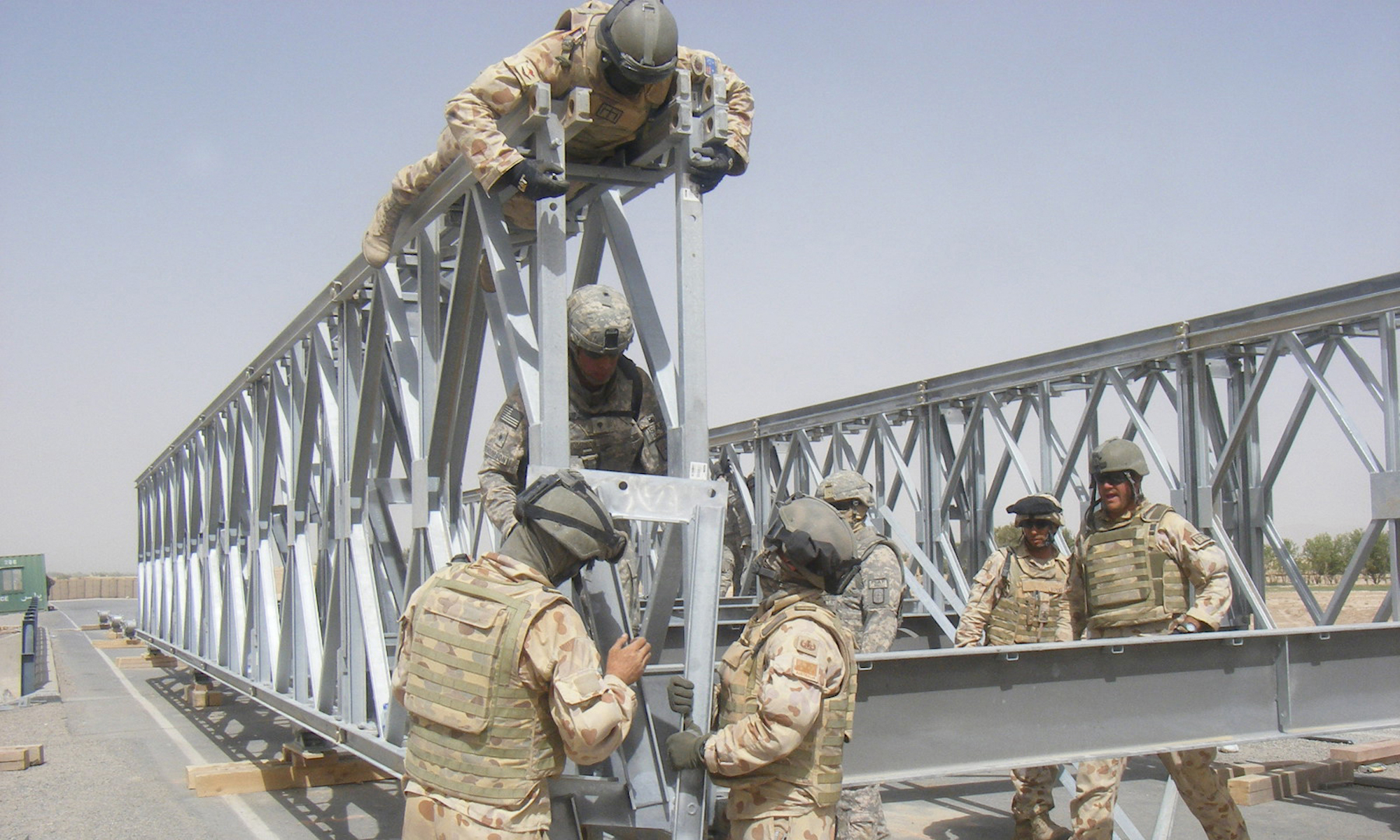In the literature on civil conflicts, federalism is often touted as a useful institution to address regional demands. However, diversity in the groups present in a country is also associated with a higher tendency for conflicts. In this article we examine how the geographic distribution of groups across a country affects the ways in which federalism contributes to conflict resolution. Of tantamount importance in assessing these effects of federalism is whether particular types of distributions of groups across a territory make the adoption of federal institutions more likely. We find federal countries with strong ethno-federal arrangements to be particularly conflict-prone.

INSCT Postconflict Research Database
The Institute for National Security and Counterterrorism's Postconflict Research Database & Analysis Project stores cross-indexed bibliographic information on hundreds of journal articles, books, book chapters, and case reports that address the broad, interdisciplinary fields of postconflict reconstruction, stabilization, and peacebuilding.